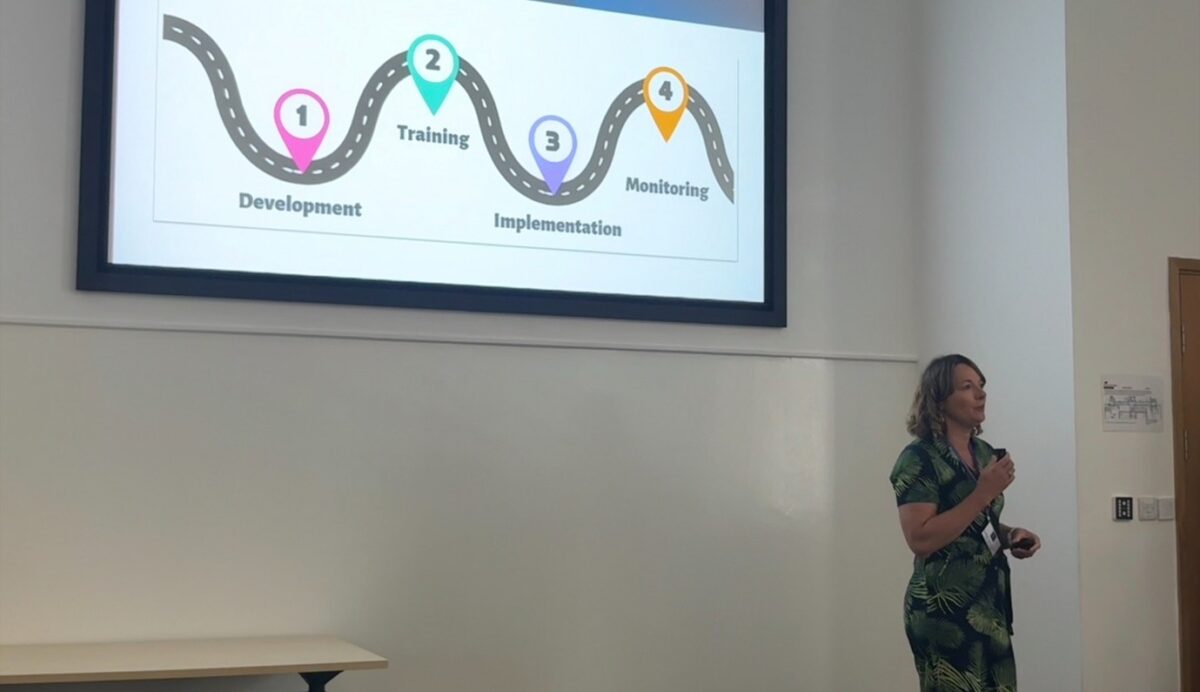I recently attended the Horizons in STEM Higher Education conference in Birmingham, and once again, it proved to be an open, friendly and inspiring forum for sharing good teaching practice. Having attended for the past three years, I highly recommend it to anyone interested in innovative approaches to STEM education. Beyond the annual conference, the Horizons network offers online workshops throughout the year, and the organisers are launching a career mentoring programme for teaching-focused lecturers.
This year, I presented on the use of reflective skills portfolios in the Biosciences. In 2021/22, I introduced a skills ePortfolio for first year Biosciences students, and in summer 2022, I received Teaching Development Fund (TDF) funding to work with student co-creators to develop and improve it. The ePortfolio is designed to help students identify and log employability skills, enabling them to build clear, concise evidence stories to demonstrate graduate attributes to future employers. It also includes a feedback log, encouraging students to reflect on feedback, identify skill gaps, and access resources to support their development.
At the 2023 Horizons conference, I connected with a group of like-minded Bioscience educators who had also implemented reflective skills portfolios at their institutions. Our discussions about the benefits and challenges of these initiatives led to a collaborative research project involving academics from the Universities of Bath, Bristol, Leicester, Edinburgh, Liverpool, Kingston, and Royal Holloway.
We were thrilled to present our study, “Exploring the experience of academic staff following the introduction of reflective portfolios into Biosciences Higher Education curriculums in UK universities” at this year’s conference. This mixed-methods study included a questionnaire and semi-structured interviews. I was fortunate to work with an outstanding final-year project student, Bethan Pask, who contributed significantly to the data analysis and joined me at the conference.
Our questionnaire revealed that most respondents were female academics on teaching-focused, open-ended contracts. Reflective portfolios had typically been introduced within the past five years and were embedded into the curriculum with supporting activities such as lectures, tutorials, and workshops. Thematic analysis of the interviews highlighted six key themes. In our presentation, we focused on three:
- Purpose, motivation, and engagement with portfolios
- Wellbeing and inclusivity
- Scholarly approaches to portfolio development
We concluded with a roadmap of recommendations for those looking to implement reflective portfolios at their own institutions. We plan to publish our findings in the coming year—watch this space!
As always, the rest of the conference was packed with inspiring talks. While I can’t cover everything here, I’ve summarised two key areas that are particularly relevant to teaching and learning at Bath:
Assessment and feedback
- Rose Murray and Reinart Jensema (University of Bristol) shared an assessment and feedback portfolio featuring a feedback engagement tool. This allows students to track feedback across assignments and links to a skills map for past and future assessments. It also includes a “Resources for Improvement” tab with a wealth of student support materials. Rose has generously made this resource available online for adaptation.
- Christopher Love (Griffith University) described using PebblePad ePortfolios to enhance student success in a first-year Biochemistry unit. Students reflected on their performance in a low-stakes quiz and created personal study plans for subsequent assessments. This cycle of reflection and planning led to improved results, with 66% of surveyed students reporting that the study plan helped maintain or improve their grades.
- Fleur Corbett and colleagues (University College London) tackled assessment literacy by introducing a formative activity in a Year 2 module. Students answered a past paper question and watched a video where the lecturer explained the marking process, providing example answers and commentary. Students paused the video to evaluate their own and example answers. Feedback showed increased confidence and understanding of how to succeed.
- Rebecca Barnes and colleagues (University of Sheffield) presented their approach to exam preparation, including workshops on MCQ exams, automated feedback, and the use of PeerWise —a collaborative question-authoring platform.
Equality and inequality in science
I attended a thought-provoking workshop led by Lara Lalemi, Bronwen Burton, and Alice Robson (University of Bristol), similar to one they run for second-year biomedical sciences students. The session explored bias and inequality in scientific research and education. For example, we discussed the implications of most cell lines being derived from white individuals, and how inclusive teaching methods and resources can improve diversity in science from undergraduate to professor level. I’m hoping to introduce a similar workshop for our Biosciences students.
All in all, this was a fascinating and energising conference, and I’ve returned brimming with ideas!
Blog written by Dr Cressida Lyon, Senior Lecturer in Biomedical Sciences
Respond

